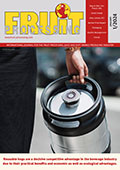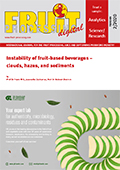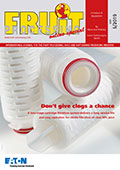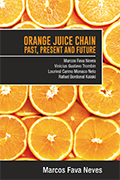Europhyt – Interceptions
The European Commission’s latest EUROPHYT – Interceptions annual report provides an overview of interception notifications received in 2018 and evaluates the main trends over the period 2013-2018.

The European Commission’s latest EUROPHYT – Interceptions annual report provides an overview of interception notifications received in 2018 and evaluates the main trends over the period 2013-2018.
This annual report shows that in 2018 there were 1,712 interceptions by Member States and Switzerland due to the presence of harmful organisms, an increase of 16% from the previous year. Despite this increase, there is a reduction of 30 % in the number of interceptions since 2013.
The main non-EU country commodities intercepted due to the presence of harmful organisms were fruit and vegetables, particularly peppers, mango, basil, eggplant, citrus and various gourds. Regarding the organisms, the increase over previous years can be attributed to increased interceptions of Thrips, an increase in nematode interceptions from Belarus and increased Citrus Black spot interceptions from Brazil and Argentina. Regarding commodities, wood packaging material and cut flowers also contributed significantly to the interceptions but with no significant change on previous years. There is also a noted increase in interceptions of seeds imported without required certification.
Background:
EUROPHYT- Interceptions is the Commission’s rapid alert system for plant health used by EU Member States and Switzerland. Members use the system to notify the presence of harmful organisms and other plant health risks found in EU-bound consignments during import controls. The system is also an effective policy support tool for risk assessment and risk management. Based on EUROPHYT data, a Non-EU trade Alert List is published each month on the Commission’s Health and Food Safety website.









